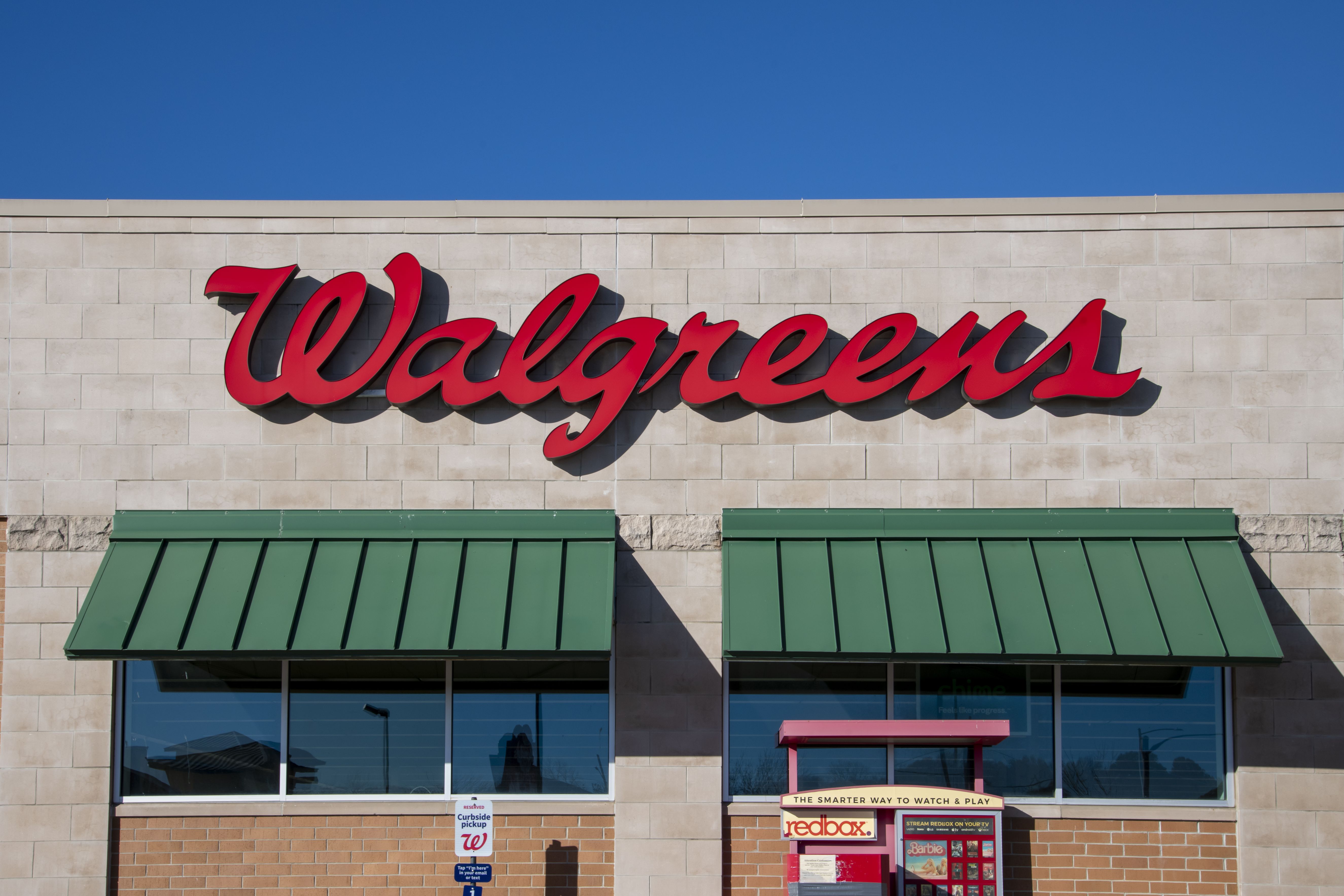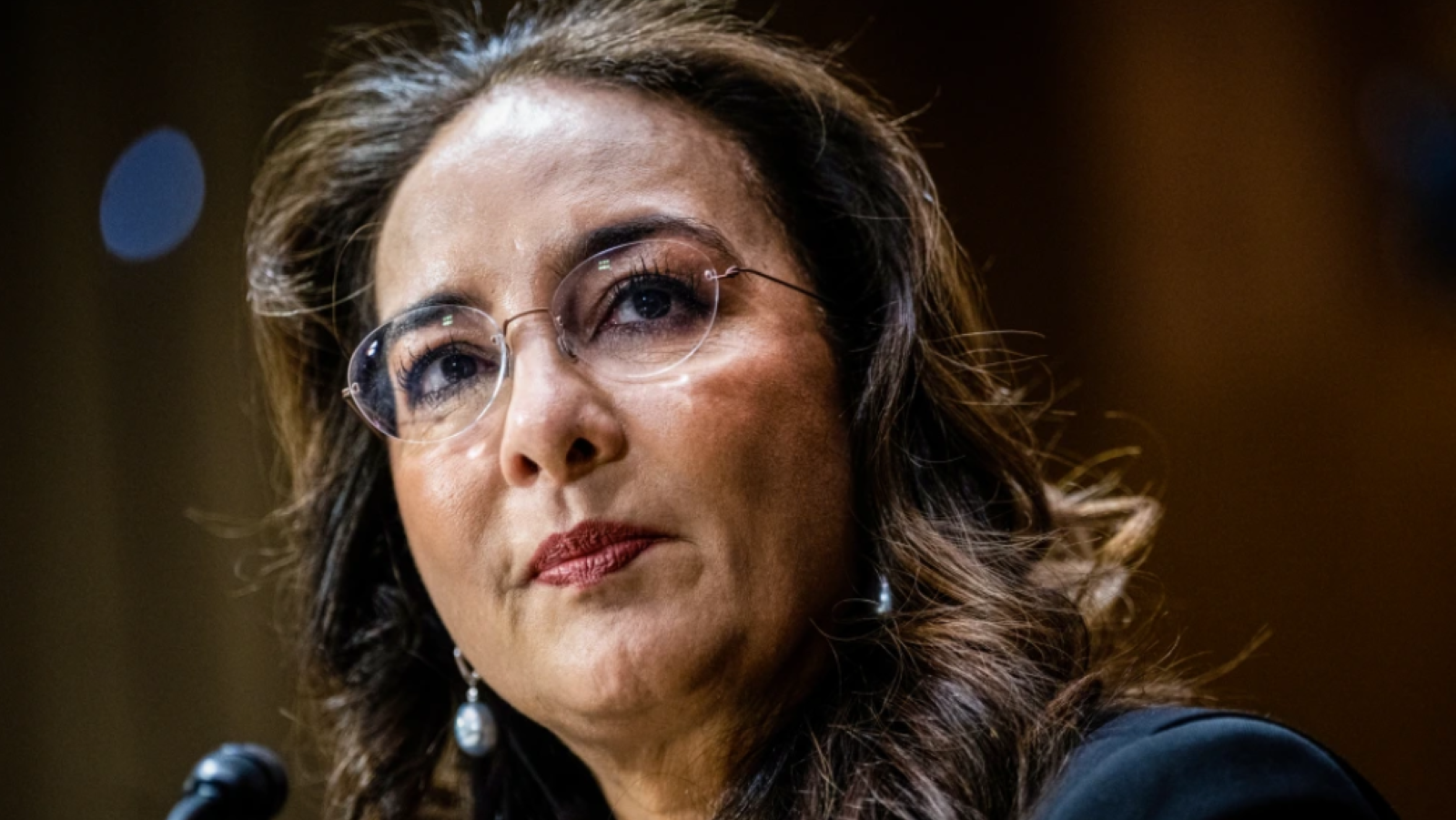Walgreens Opioid Settlement: $300 Million Paid!
Walgreens Opioid Settlement: $300 Million Price Tag for Alleged Prescription Abuses
Introduction: A Painful Pill to Swallow
Big news in the world of pharmaceuticals and legal settlements: Walgreens, the ubiquitous drugstore chain we all know, has agreed to a hefty settlement with the U.S. Department of Justice (DOJ). The alleged crime? Illegally filling millions of opioid prescriptions over the past decade. We're talking about a potential payout of up to $350 million. Ouch! So, what exactly happened, and what does this mean for the future of opioid dispensing and the role of pharmacies? Let's dive in.
The Settlement Details: Dollars and Dates
The agreement, finalized last Friday, requires Walgreens to fork over at least $300 million to the government. Here's the kicker: if Walgreens is sold, merged, or transferred before 2032, another $50 million will be added to the bill. That's a pretty significant clause, right? The DOJ clearly wants to ensure accountability for the long haul.
The Government's Case: A Flood of Illegal Prescriptions
The government's complaint, filed back in January in the U.S. District Court for the Northern District of Illinois, paints a disturbing picture. They allege that Walgreens knowingly filled millions of illegal prescriptions for controlled substances between August 2012 and March 2023. Think about that: a decade of alleged questionable practices. This includes prescriptions for excessive opioids and prescriptions filled way too early. Early refills? Seems like someone wasn't minding the store.
Walgreens' Defense: "We Disagree!"
Of course, Walgreens isn't exactly thrilled with these accusations. “We strongly disagree with the government’s legal theory and admit no liability,” said Walgreens spokesperson Fraser Engerman in a statement. Okay, but a $300 million settlement suggests there's at least *some* acknowledgment of issues, right? It's like saying, "I didn't spill the milk, but I'll clean it up anyway."
What are Opioids? Understanding the Crisis
Before we go any further, let's take a step back. What exactly *are* opioids, and why are they so controversial? Opioids are a class of drugs used to reduce pain. They can be prescribed legally for medical reasons, but they're also highly addictive. The overprescription and misuse of opioids have fueled a massive public health crisis in the United States, leading to countless overdoses and deaths. This isn't just about numbers; it's about human lives shattered by addiction.
The Role of Pharmacies: Guardians or Gateways?
Pharmacies like Walgreens play a crucial role in the opioid landscape. They're supposed to be the last line of defense, ensuring that prescriptions are legitimate and that patients aren't abusing these powerful drugs. But what happens when that line gets blurred? Are pharmacies simply filling orders, or are they actively contributing to the problem? This settlement raises some serious questions about the responsibility of pharmacies in preventing opioid abuse.
H3 Red Flags: Signs of Illegal Prescriptions
So, what constitutes an "illegal" prescription? Here are a few red flags that pharmacists should be on the lookout for:
- Excessive Dosage: Prescriptions for unusually high doses of opioids.
- Early Refills: Patients requesting refills significantly before the previous prescription should have run out.
- "Doctor Shopping": Patients seeing multiple doctors to obtain multiple prescriptions.
- Cash Payments: Paying in cash, which can be a sign of trying to avoid insurance scrutiny.
- Unusual Combinations: Prescriptions for combinations of drugs that are known to be dangerous.
The Impact on Walgreens: More Than Just Money
The $300 million settlement is a significant financial hit for Walgreens, but the impact goes beyond just the money. It's a public relations nightmare, damaging the company's reputation and potentially eroding customer trust. Will people think twice before filling their prescriptions at Walgreens? Only time will tell. Think of it as a stain that's hard to wash out.
Beyond the Settlement: What's Next for Walgreens?
What steps will Walgreens take to prevent this from happening again? Here are a few possibilities:
- Enhanced Training: Providing pharmacists with better training to identify and prevent illegal prescriptions.
- Improved Monitoring Systems: Implementing more robust systems to track opioid prescriptions and identify suspicious patterns.
- Stricter Policies: Enacting stricter policies regarding the dispensing of opioids.
- Collaboration with Authorities: Working more closely with law enforcement and regulatory agencies to combat opioid abuse.
The Bigger Picture: The Opioid Crisis Continues
While this settlement is a step in the right direction, it's important to remember that the opioid crisis is far from over. Millions of Americans are still struggling with addiction, and countless families have been affected by this devastating epidemic. This settlement needs to be just one piece of a much larger puzzle.
H3 The Role of Regulation: Government Oversight
Government agencies like the DEA (Drug Enforcement Administration) and state pharmacy boards play a crucial role in regulating the dispensing of opioids. They set the rules, conduct inspections, and enforce penalties for violations. But are these regulations strong enough? Are they being effectively enforced? These are questions that need to be addressed if we're going to make real progress in combating the opioid crisis.
H3 Individual Responsibility: The Pharmacist's Dilemma
Pharmacists face a difficult dilemma. They have a responsibility to fill legitimate prescriptions, but they also have a moral obligation to prevent opioid abuse. How do they balance these competing demands? This often comes down to individual judgment and ethical decision-making. The pressure to meet quotas or satisfy customers can sometimes outweigh the concerns about potential abuse. Pharmacists need to feel empowered to refuse to fill prescriptions that they deem suspicious.
The Future of Pharmacies: Adapting to a New Reality
The opioid crisis is forcing pharmacies to adapt to a new reality. They can no longer simply be passive dispensers of drugs. They need to be active participants in preventing abuse and promoting responsible medication use. This requires a fundamental shift in mindset and a commitment to prioritizing patient safety over profits. Will pharmacies rise to the challenge? We can only hope so. It's a bit like navigating a ship through a storm; adapt or sink.
H3 The Impact on Patients: Access vs. Abuse
One of the concerns surrounding stricter opioid regulations is that it could make it harder for patients with legitimate pain to access the medications they need. Finding the right balance between preventing abuse and ensuring access is a delicate and challenging task. We need to ensure that patients who truly need opioids can still get them, while also preventing these drugs from falling into the wrong hands. It's a tightrope walk, for sure.
H3 The Role of Education: Raising Awareness
Education is key to preventing opioid abuse. Patients need to be educated about the risks of opioids and the importance of using them responsibly. Doctors need to be educated about responsible prescribing practices. And the public needs to be educated about the signs of addiction and how to get help. The more informed we are, the better equipped we'll be to combat this crisis. Knowledge is power, after all!
Alternatives to Opioids: Exploring Other Options
One of the most promising strategies for combating the opioid crisis is to explore alternatives to opioids for pain management. These alternatives include non-opioid medications, physical therapy, acupuncture, and other holistic approaches. By reducing our reliance on opioids, we can significantly reduce the risk of addiction and overdose. It's like diversifying your investments; don't put all your eggs in one basket.
Conclusion: Accountability and the Path Forward
The Walgreens settlement serves as a stark reminder of the devastating impact of the opioid crisis and the crucial role that pharmacies play in preventing abuse. While Walgreens denies liability, the $300 million payout speaks volumes. This settlement underscores the importance of accountability and the need for stricter regulations and oversight of opioid dispensing. As we move forward, it's imperative that we learn from the mistakes of the past and work together to create a healthier and safer future for all. The journey towards solving the opioid crisis is a marathon, not a sprint, but we have to keep moving forward. Now is the time to push and make sure we create solutions that will minimize this crisis in the future.
Frequently Asked Questions
Here are some frequently asked questions about the Walgreens opioid settlement:
- Q: How will the $300 million be used?
A: The specifics of how the funds will be used are still being determined, but it's likely that the money will go towards programs aimed at combating opioid abuse, such as treatment and prevention initiatives. These programs will support local and national initiatives.
- Q: Does this settlement mean Walgreens is guilty of any wrongdoing?
A: Walgreens has stated that it disagrees with the government's legal theory and admits no liability. However, the settlement suggests that there were concerns about the company's opioid dispensing practices. The settlement is a way to resolve the dispute without going to trial.
- Q: Will this settlement affect the price of prescriptions at Walgreens?
A: It's unlikely that this settlement will directly affect the price of prescriptions at Walgreens. However, the company may need to invest in new systems and training to prevent future issues, which could indirectly impact costs.
- Q: What can I do if I'm concerned about my own opioid use?
A: If you're concerned about your opioid use, talk to your doctor or seek help from a qualified addiction specialist. There are many resources available to help you overcome addiction and live a healthier life. Don't be afraid to reach out. It's a sign of strength, not weakness.
- Q: How can I report a pharmacy that I suspect is illegally dispensing opioids?
A: If you suspect that a pharmacy is illegally dispensing opioids, you can report it to your state's pharmacy board or the DEA (Drug Enforcement Administration). Provide as much detail as possible to help authorities investigate the situation. Your tip could help to save a life.





